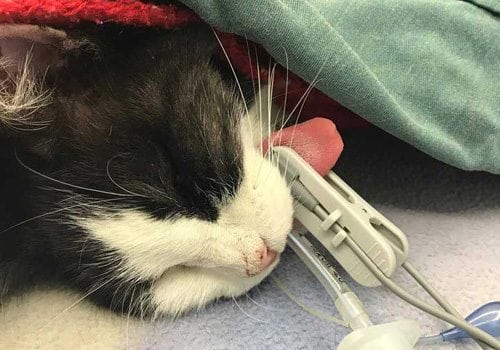Our highly skilled team of vets perform a whole host of surgical procedures for pets. We understand your pet’s surgery can be a source of great anxiety so we pride ourselves on educating you about the given surgery, and keeping you informed about what your pet is experiencing at each stage.
As with humans, pet surgery involves anaesthetic and requires a controlled food intake the night before the appointment. We will advise you on when to stop feeding your pet and if and when you need to wash them prior to surgery. Cats should be brought to us in a secure cage and dogs should be on a lead. Consideration should be given to allowing pets to toilet if they are going to be contained before or after surgery.
One of our team will contact you following the surgery to let you know how things went and if your pet is ready to be discharged. Sometimes animals stay overnight to allow close monitoring for potential post-operative complications and any unforeseen pain or discomfort. When your pet is discharged you will receive a detailed set of instructions regarding exercise restrictions, diet, medication and post-operative care. An Elizabethan collar is often provided to help prevent your pet licking or gnawing any sutures or staples. Please contact us if you have any questions or concerns following your pet’s surgery.
Cruciate Ligament Repairs
Dogs are prone to knee injuries because the joint has no interlocking bones and is instead connected by several ligaments. Rupture of the anterior cruciate ligament is the most common knee injury, and results in the inability to bear weight on the leg without instability. Currently we recommend a MMP procedure for the treatment of this condition. In this procedure a titanium implant is placed in the tibia – this effectively relieves tension in the knee allowing your dog to walk more freely almost immediately after the surgery.
Refer to our October Newsletter article about MMP here.


